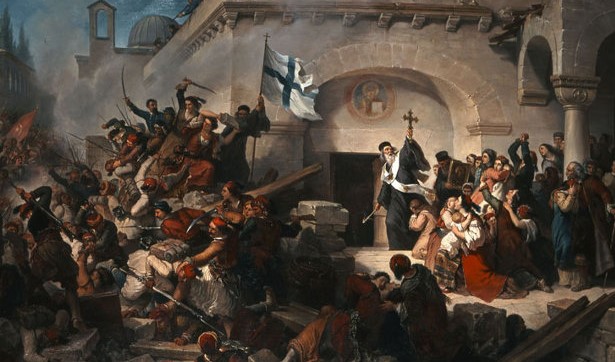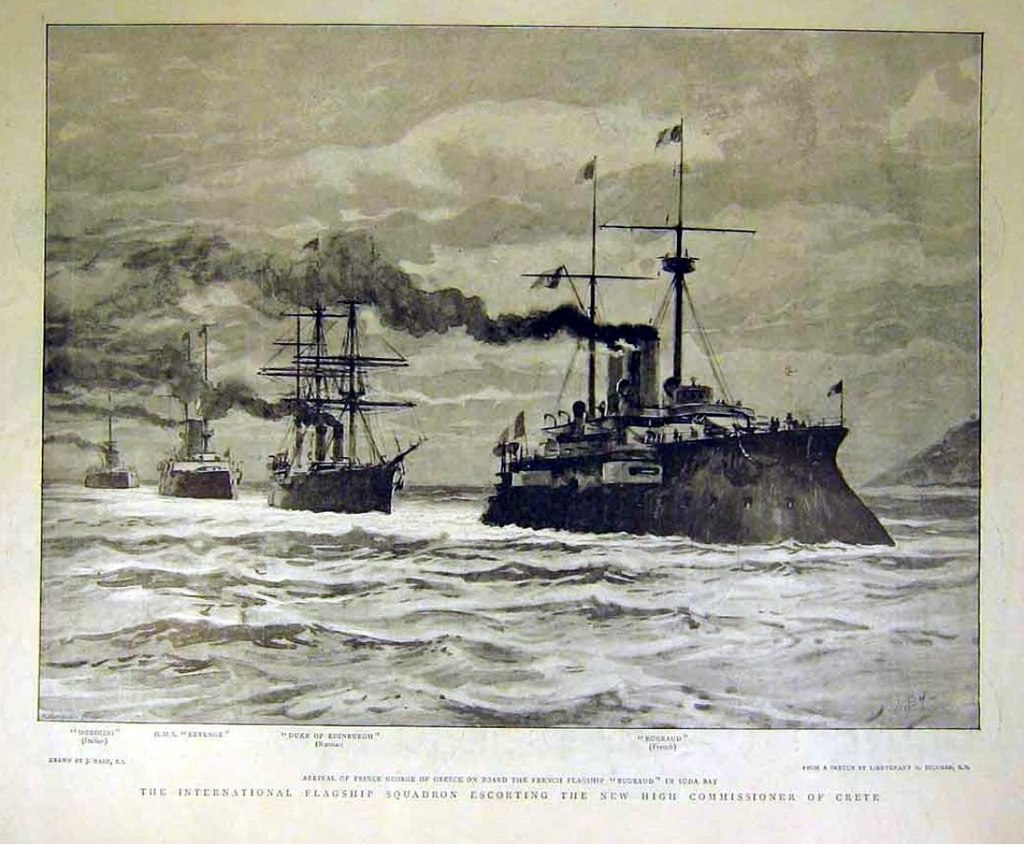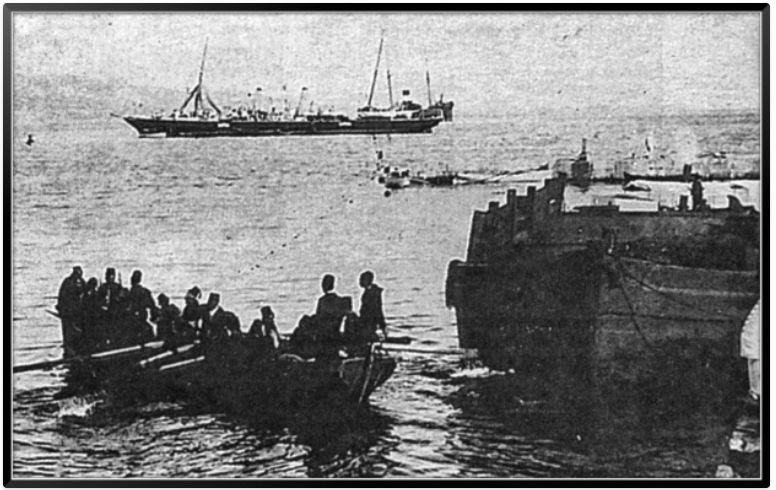By Victoria Loutas.
November 3, 1898, was a joyous day for all Cretans as the last Turkish soldiers left Crete after 229 long years of occupation. The islanders finally had their independence. To mark this important day, we take a look into the history of the Turkish invasion of Crete.
Since the Venetian rule, Crete was always under threat of invasion from Turkey due to its geographic position. The island was a threat to Ottoman control across the Mediterranean and Aegean seas.
The Ottoman Turks first attacked the Cretan village of Chania in 1645, marking the beginning of a two decade long siege. By 1669, the Ottoman Empire had complete control and rule of the Cretan people.

After the attacks, many Cretans fled the island to escape persecution of the Ottoman rule, while others became prisoners. At the same time, there was a large influx of Turkish settlers residing in Crete, overtaking the Greek population.
The Cretans suffered with higher taxes, seized properties and farmers became serfs. These slave-like conditions led to uprisings against the Turkish rule.
In 1770, Daskalogiannis led the first major rebellion, which was initially successful but later knocked back by Turkish forces. There were several other rebellion attempts, which were also unsuccessful.
In 1821, Greece achieved its freedom with the Greek War of Independence, which Crete also took part in. The Greek state was later established in 1832, however, Crete was not included as they were still under the control of the Ottoman Empire.

As years went on, the Cretans took it upon themselves, with the aid of Greek volunteers and reinforcements, to revolt against the Ottoman Empire once again. This event later became known as the Great Cretan Revolution.
Beginning in 1866, the island achieved several victories and received significant autonomy, but Ottoman violations of the autonomy led to the Greco-Turkish War in 1897.
The Greco-Turkish War, also known as the ’30 day war’ or ‘the Black ‘97,’ was extremely significant. It was the first war in which Greece took part in after gaining its independence and was also the first war in which the Ottoman’s military personnel was put to the test. Unfortunately, the Ottomans were still victorious.

However, although the Ottomans did win the war, they were unable to retain control of Crete. The Great Powers (Britain, France, Italy and Russia) declared the autonomy and independence of Crete and ordered all Ottoman forces to leave the island.
The Ottomans stalled. The Great Powers’ patience finally wore out on 4 October 1898, when they demanded that all Ottoman forces leave Crete by 19 October. The Ottomans finally began to withdraw their forces from the island on 23 October. By November 3, all Ottoman troops had left.
Prince George of Greece was appointed as the High Commissioner of Crete.

